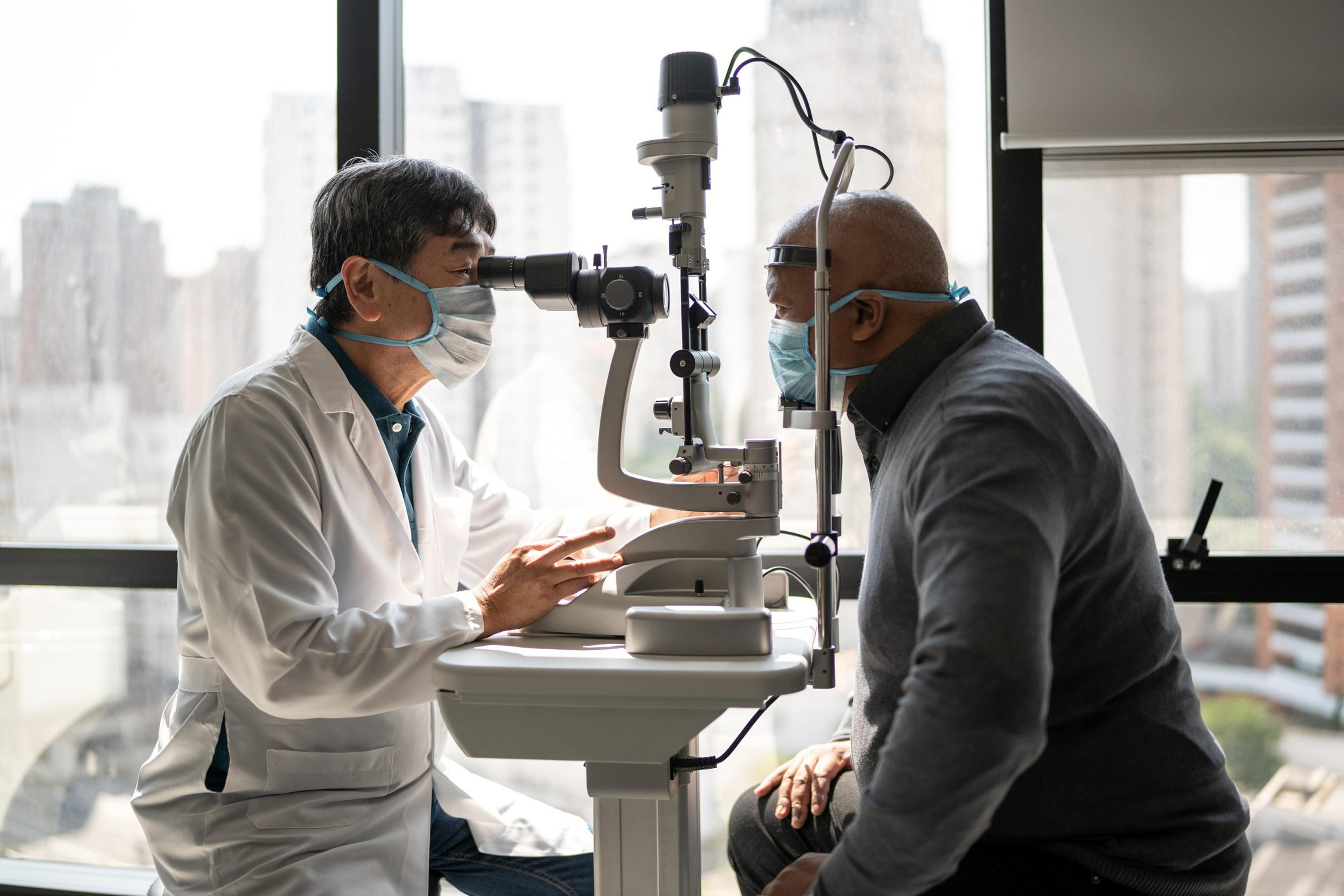Four Signs You Need to Visit the Eye Doctor
Amy Barczy
| 3 min read
Amy Barczy is a former brand journalist who authored...

Eye exams are an important part of staying healthy – yet many individuals in the U.S. skip their annual eye exam, according to a study conducted by VSP Vision Care. Optometrists – or eye doctors – can help spot major health issues through annual eye exams – including diabetes, high blood pressure and high cholesterol. Regular eye exams can also help children do their best in school. Here are four signs you need to visit an eye doctor:
1. You’re age 40 and you’ve never been to the eye doctor.
The American Academy of Ophthalmology recommends all individuals have an eye exam by the time they turn 40. That’s partly since eyesight begins to change drastically after that age, and an eye doctor can recommend steps to take to preserve their vision as they age. Additionally, the eyes can show early signs of many diseases – including diabetes and hypertension. Early detection and treatment leads to better outcomes.
2. You can’t remember the last time you had an eye exam.
It’s important to visit the eye doctor every year if you have vision issues, or if you use glasses or contacts, or if you have additional risk factors including diabetes, high blood pressure or a family history of eye disease. Depending on your eyesight, eye doctors may want to check on your vision more than once a year. Early detection is important for many eye diseases, including cataracts, diabetic retinopathy, glaucoma and age-related macular degeneration. If you have no symptoms or issues with your eyes, the American Academy of Ophthalmology recommends checking with an eye doctor every two years. That pattern may increase after age 65.
3. You have diabetes or another health condition that affects the eyes.
There are certain health conditions that affect the eyes – including diabetes, which can lead to glaucoma, cataracts or diabetic retinopathy. Annual visits to the eye doctor are important to keep track of your eye health. Additionally, if you have a family history of eye disease – including cataracts, diabetic retinopathy, glaucoma or macular degeneration – it’s important to check with an eye doctor to see how often you need to have your eyes examined.
4. You’re having issues with your eyes or your vision.
Issues with your vision may happen suddenly or evolve more suddenly. Struggling to read signs while driving or regular text is a good reason to visit the optometrist. Here are signs that you shouldn’t ignore:
- Any changes in vision
- Circles or halos around lights
- Difficulty focusing on reading materials
- Difficulty seeing street signs at night or difficulty driving at night
- Double vision
- Eye pain
- Headaches or blurred vision after spending long hours in front of a screen
- Itchy, red or dry eyes
- Motion sickness, dizziness, or issues following a moving target
- Seeing flashes of light
- Seeing floaters – tiny specks that seem to be floating in front of your eyes
- Seeing spots
- Squinting or closing an eye to read
The longer you delay seeking help for your vision, the more your eyes will overwork themselves to compensate – which could lead to headaches or other issues. Schedule your vision exam today. To locate a vision provider convenient to you, Blue Cross Blue Shield of Michigan and Blue Care Network members can login to their online member account at bcbsm.com to find a doctor. More from MIBluesPerspectives:
Photo credit: Getty Images





